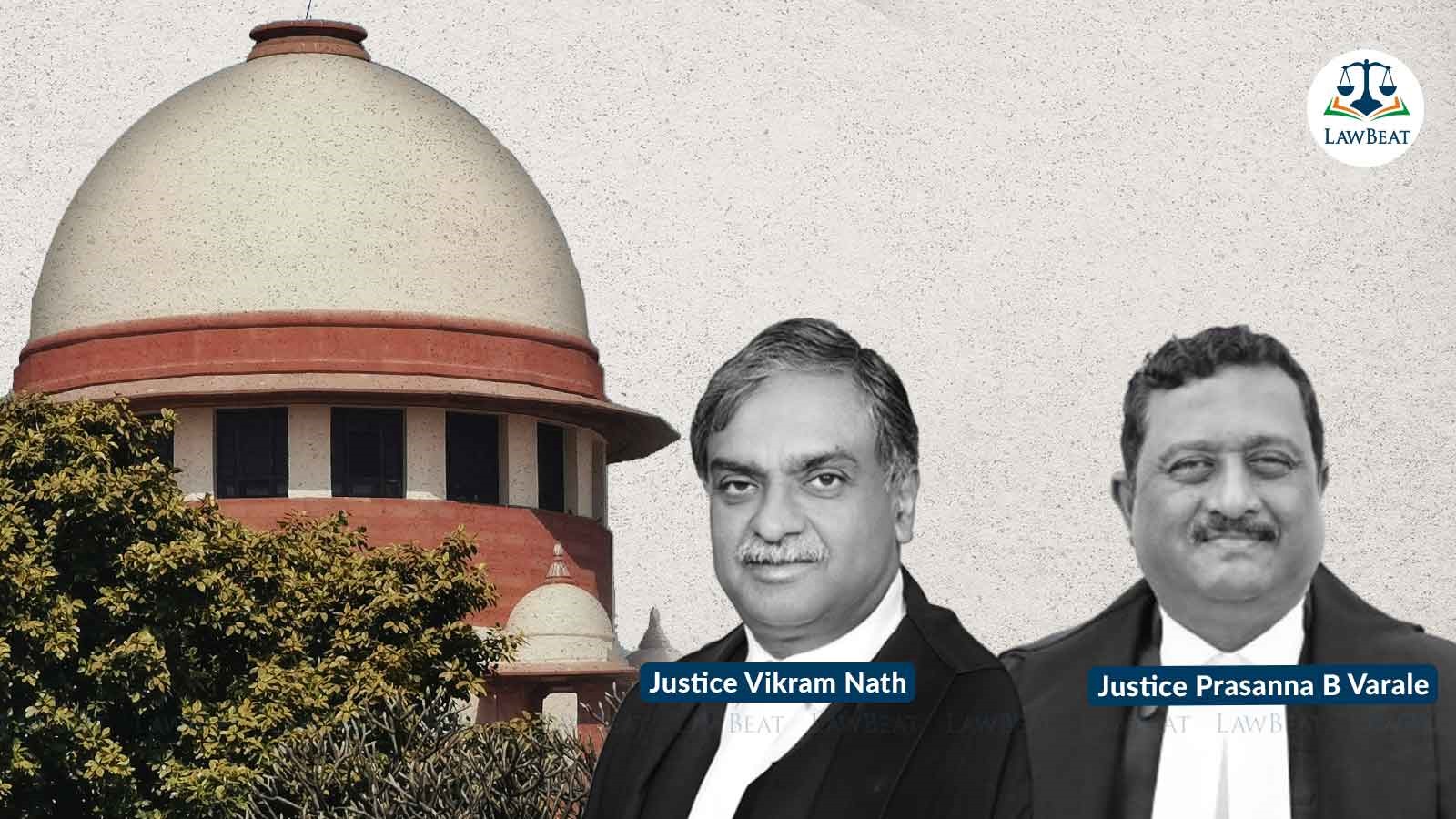SC Closes Case Against 30 Army Personnel in Nagaland Tribal Killings for Lack of Sanction

Court clarified in case sanction is granted at any stage under Section 6 of the AFSP Act, 1958, the proceedings pursuant to the impugned FIRs may continue and may proceed in accordance with law
The Supreme Court on September 17, 2024 closed criminal proceedings initiated against 30 Army personnel with regard to killings of tribals in Nagaland in FIRs lodged on December 7, 2021, as competent authority had declined sanction under Section 6 of the Armed Forces (Special Powers) Act, 1958.
A bench of Justices Vikram Nath and Prasanna Bhalachandra Varale allowed writ petitions filed by the wives of Army officers.
The bench said, "The proceedings pursuant to the impugned FIRs shall remain closed. However, in case sanction is granted at any stage under Section 6 of the AFSP Act, 1958, the proceedings pursuant to the impugned FIRs may continue and may proceed in accordance with law and be brought to a logical conclusion".
The matter related to botched up operations by team of 21 Para Special Forces in December, 2021, in which six civilians were killed in Nagaland's Mon district. Eight more civilians were killed subsequently as security forces allegedly opened fire after the incident triggered violence in the area.
Nagaland's Advocate General K N Balagopal referred to an affidavit filed on behalf of the Armed Forces before the Chief Judicial Magistrate, in which observations were made that they were likely to proceed on the departmental side administratively. As such, he submitted, directions could be issued to the Armed Forces to carry on the said exercise.
"The said submission does not merit consideration by this Court as that would be at the sole discretion of the Armed Forces whether or not to carry on disciplinary proceedings against its officers. As such, we are not inclined to issue any such directions. The concerned wing of the Armed Forces would be at liberty to take or not to take any disciplinary proceedings against its officers," the bench said.
The petitioners sought a direction to quash the FIR lodged on the complaint made on December 07, 2021 and the findings and recommendations of the SIT of March 24, 2022 seeking sanction to prosecute petitioners' husbands along with 28 other team members u/s 302, 307, 326, 201, 34 IPC r/w 120-B IPC and for initiating disciplinary action against the entire team as per the provisions of the Army Act and Rules, and all other ancillary proceedings emanating out of the said FIR and/or in furtherance of the incident of December 04, 2021.
They claimed the action initiated was against the mandate of law and solely targeted at attacking soldiers in exercise of their bona fide duties of upholding the dignity of Indian flag.
Court had earlier noted that the proceedings in this case emanated out of an incident of December 4, 2021 which led to a firing in which six persons were killed. The incident flared up leading to more killings and also killing of one of the Army personnel. It was alleged that a finger of the husband of Anjali Gupta, the writ petitioner was also chopped off.
On March 7, 2024, Additional Solicitor General Aishwarya Bhati, representing the Union government, had informed the court that the competent authority had declined sanction under Section 6 of the Armed Forces (Special Powers) Act, 1958, by an order dated February 28, 2023.
When the court had expressed its intention to quash the FIRs in light of the denial of sanction, the Advocate General for the State of Nagaland had requested time to file an affidavit and take the necessary steps.
The matter remained pending since then, and arguments were last heard on August 6, 2024.
Though arguments were advanced, the bench said, "We are not inclined to go into those submissions, as in our view, in view of the specific bar contained in Section 6 of the AFSP Act, 1958 which provides that no prosecution, suit, or other legal proceedings can be instituted except with the previous sanction of the Central Government with respect to the exercise of any power conferred under the said Act, the proceedings based on the impugned FIRs cannot continue any further."
Court said that the interim stay, granted by the order on July 19, 2022, deserved to be made absolute, and the proceedings arising from the impugned FIRs deserve to be quashed.
The State government had said that it had already assailed the correctness of the order of February 28, 2023, passed by the competent authority, declining sanction under Section 6 of the AFSP Act, 1958, by way of filing a writ petition.
The Advocate General had submitted that if the writ petition were allowed and the rejection of sanction set aside, and if this court either granted the sanction or directed the competent authority to reconsider the decision, it could ultimately lead to sanction being granted under Section 6 of the AFSP Act, 1958. This would allow the proceedings related to the impugned FIRs to continue in accordance with the law and reach their logical conclusion.
To this, the bench said, "We have no manner of doubt that, in case, if ultimately at some stage, sanction is granted under Section 6 of the AFSP Act, 1958, the proceedings pursuant to the impugned FIRs are liable to be continued".
Case Title: Rabina Ghale & Anr Vs Union of India & Ors and connected matters
